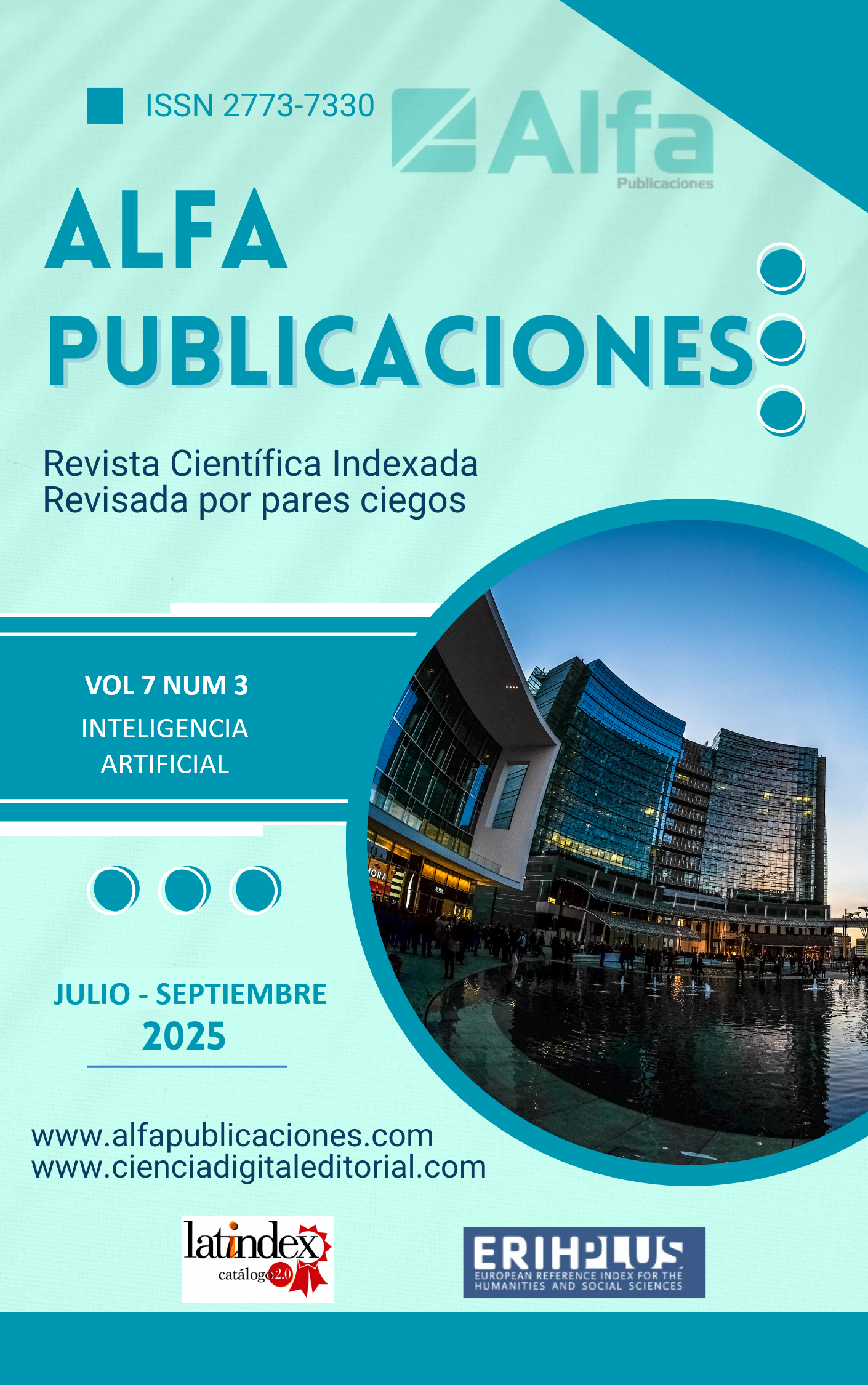Efecto de la práctica farmacéutica en la administración de tratamientos en adultos mayores, Ecuador
##plugins.themes.bootstrap3.article.main##
Resumo
Introducción. La población adulta mayor es considerada como un grupo vulnerable que requiere atención prioritaria para el cuidado de su salud. La aparición de comorbilidades, enfermedades crónicas no transmisibles, entre otros eventos de salud, suele llevar a la polimedicación en el adulto mayor, lo que incrementa el riesgo de fallos en la terapia medicamentosa. Objetivo. Evaluar el impacto de las actuaciones farmacéuticas en los adultos mayores del Ecuador. Metodología. La muestra poblacional fue de 345 adultos mayores del Ecuador, considerando los criterios de inclusión o exclusión como: sin distinción de etnia o género. Se aplicaron encuestas a la población de estudio, para la obtención de datos individuales, demográficos y socioeconómicos. Posteriormente se utilizó el método Dader en el seguimiento farmacoterapéutico durante un tiempo aproximado de 32 semanas en sesiones programadas, y el análisis estadístico se utilizó el McNemar con un porcentaje de significancia de 5%, para establecer relación significativa de la actividad farmacéutica en los adultos mayores. Resultados. El 84.35% de la población de estudio presentaron problemas de salud, donde el 47.25% consumen medicamentos para el tratamiento de sus patologías. Se identificaron 118 resultados negativos asociados a los medicamentos. Así mismo, 157 Problemas Relacionados con los Medicamentos (PRM), donde el 33.05% fueron relacionados a los problemas de salud no tratados, la inefectividad cuantitativa con el 26.27%, posteriormente la inefectividad no cuantitativa 15.25%, y el efecto del medicamento innecesario en el 3.39%. Sin embargo, mediante la actividad farmacéutica, se logró una mejor adherencia farmacéutica del 80.3%. Conclusión. Los adultos mayores ecuatorianos presentan varias patologías, mismos que acuden a terapia farmacológica, siendo así identificado como el grupo vulnerable más susceptible a la polimedicación. En el estudio se evidenció gran frecuencia de problemas relaciones a los medicamentos. Sin embargo, a través de las intervenciones farmacéuticas se incrementó la adherencia terapéutica, lo cual contribuye significativamente a la calidad de vida de este grupo. Área de estudio general: Farmacia. Área de estudio específica: Atención farmacéutica. Tipo de estudio: Artículos originales.
Downloads
##plugins.themes.bootstrap3.article.details##
dssfdsf
dsfdsf

